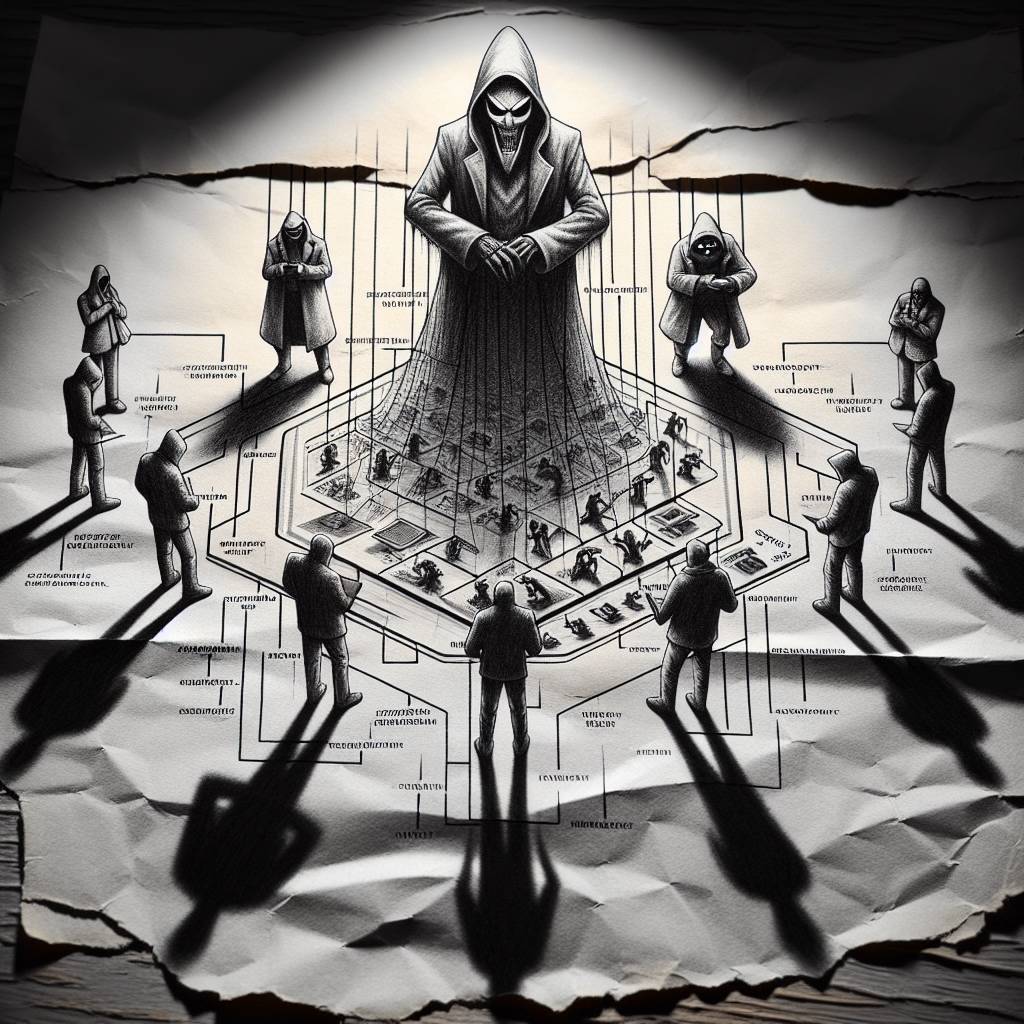PlugX Malware Strikes Again: Naikon and BackdoorDiplomacy’s Sinister Telecom Tango!
PlugX malware strikes again! Telecommunications and manufacturing sectors in Central and South Asia are under siege by a new variant with a penchant for sideloading shenanigans. The villainous masterminds? Possibly a Chinese-speaking actor with a fondness for telecommunication companies. Move over, Sherlock, there’s a new detective in town—DLL side-loading!

Hot Take:
Telecoms and manufacturing sectors in Central and South Asia are getting more attention than a celebrity’s latest tweet, thanks to the PlugX malware’s new variant. It’s like the Oscars of cybercrime, and everyone’s invited—except, of course, the people who actually work there.
Key Points:
- PlugX, a malware with more aliases than a secret agent, is targeting Central and South Asian countries.
- The malware variant borrows features from RainyDay and Turian backdoors, showing cybercriminals love to mix and match.
- Lotus Panda and BackdoorDiplomacy might be frenemies or sharing the same shady shopping cart.
- The attack strategy involves sideloading malicious DLLs using legitimate apps—like a wolf in sheep’s clothing, but with code.
- Mustang Panda’s Bookworm malware is the Swiss army knife of RATs, offering an all-you-can-hack buffet of features.
PlugX: The Malware Who Wants to Be Everything, Everywhere, All at Once
Imagine a villain in a spy movie who just can’t make up their mind. That’s PlugX for you—a malware variant with identity issues, borrowing features from its sinister siblings, RainyDay and Turian. This new PlugX variant is like the Frankenstein of malware, piecing together parts to wreak havoc on telecommunications and manufacturing sectors in Central and South Asia. Cisco Talos researchers Joey Chen and Takahiro Takeda revealed that this digital chimera uses the same algorithms and encryption keys as its backdoor buddies, making it a force to be reckoned with.
China’s Cyber Soap Opera: Lotus Panda vs. BackdoorDiplomacy
In the world of cyber espionage, it’s all about who’s got the bigger backdoor—and it seems Lotus Panda and BackdoorDiplomacy are in a fierce competition. These advanced persistent threat (APT) groups, both with ties to the Middle Kingdom, are either sharing tools from the same vendor or just happen to have similar tastes in cyber weaponry. Their mutual love for targeting telecom companies and using encryption techniques could mean they’re either collaborating or borrowing each other’s homework.
Attack of the Clone Apps: DLL Sideloading Shenanigans
The cybercriminals behind these attacks are like tech-savvy magicians, using legitimate apps as a cover to sideload malicious DLLs. It’s the digital equivalent of hiding a bomb in a birthday cake. Once inside, they launch a plethora of malicious payloads like PlugX, RainyDay, and Turian, all without raising an eyebrow. With an attack strategy that involves more layers than a wedding cake, these cyber rogues are making it hard for anyone to trace their nefarious activities.
Mustang Panda’s Bookworm: Hackers’ Swiss Army Knife
Bookworm, the malware variant used by the Mustang Panda group, is the Swiss army knife of RATs. It can execute commands, upload and download files, exfiltrate data, and generally make a mess of any compromised system. What’s more, its modular architecture means it can expand like a digital blob, loading additional modules from its command-and-control server. It’s the tool that keeps giving, and for hackers, it’s like finding a never-ending treasure chest in a video game.
A Tale of Two Malware: PlugX vs. Bookworm
Both PlugX and Bookworm are like the Batman and Robin of the cyber world—more like Joker and Harley Quinn, really. While PlugX is busy piecing together features from its malware cousins, Bookworm is making waves with its sophisticated architecture and adaptability. The two malware variants showcase the evolving landscape of cyber threats, where attackers are more creative and resourceful than ever. As long as these digital mischief-makers are around, cybersecurity experts will need to stay on their toes, ready to respond to the next big cyber drama.
